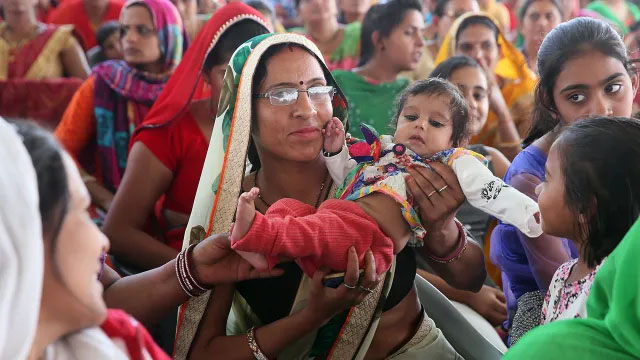
Photo Credit: Getty Images
In the serene valleys of Uttarkashi, a district nestled in the northern Indian state of Uttarakhand, a statistical anomaly has stirred a nationwide debate. Reports surfaced, claiming an absence of female births across 132 villages over a three-month span, igniting concerns over the specter of sex-selective abortions—a practice that has long plagued the nation's conscience.
The initial figures were stark: 216 boys and not a single girl born between April and June. Yet, upon closer examination, a different narrative unfolded. Officials discovered that, during the same period, 180 girls were born in 129 villages, and another 166 villages reported the birth of 88 girls and 78 boys. These findings painted a more complex picture than the one first portrayed by the media.
The district of Uttarkashi boasts a sex ratio that defies the national trend—1,024 women for every 1,000 men. This statistic, which eclipses the national average, suggests a community where gender discrimination is less prevalent. However, the initial reports prompted swift action from the government, with a thorough investigation launched to ascertain the truth behind the numbers.
Ashish Chauhan, the senior-most official in Uttarkashi, cautioned against hasty conclusions, suggesting that the media's portrayal may lack context. He confirmed that an investigation was underway to verify the data's accuracy and to uncover any potential malpractices.
In a decisive move, 26 officials were deployed across 82 villages, tasked with scrutinizing the birth records and the health workers responsible for their collection. The Chief Minister of Uttarakhand, Trivendra Singh Rawat, echoed the sentiment of shock and ordered a comprehensive probe. A committee was established to investigate whether clandestine prenatal sex determination tests and subsequent abortions were being conducted within the region's health facilities.
The government's stance was clear: any family found engaging in deliberate sex-selective abortion would face legal repercussions. This firm response underscored the authorities' commitment to upholding the laws against such discriminatory practices.

















